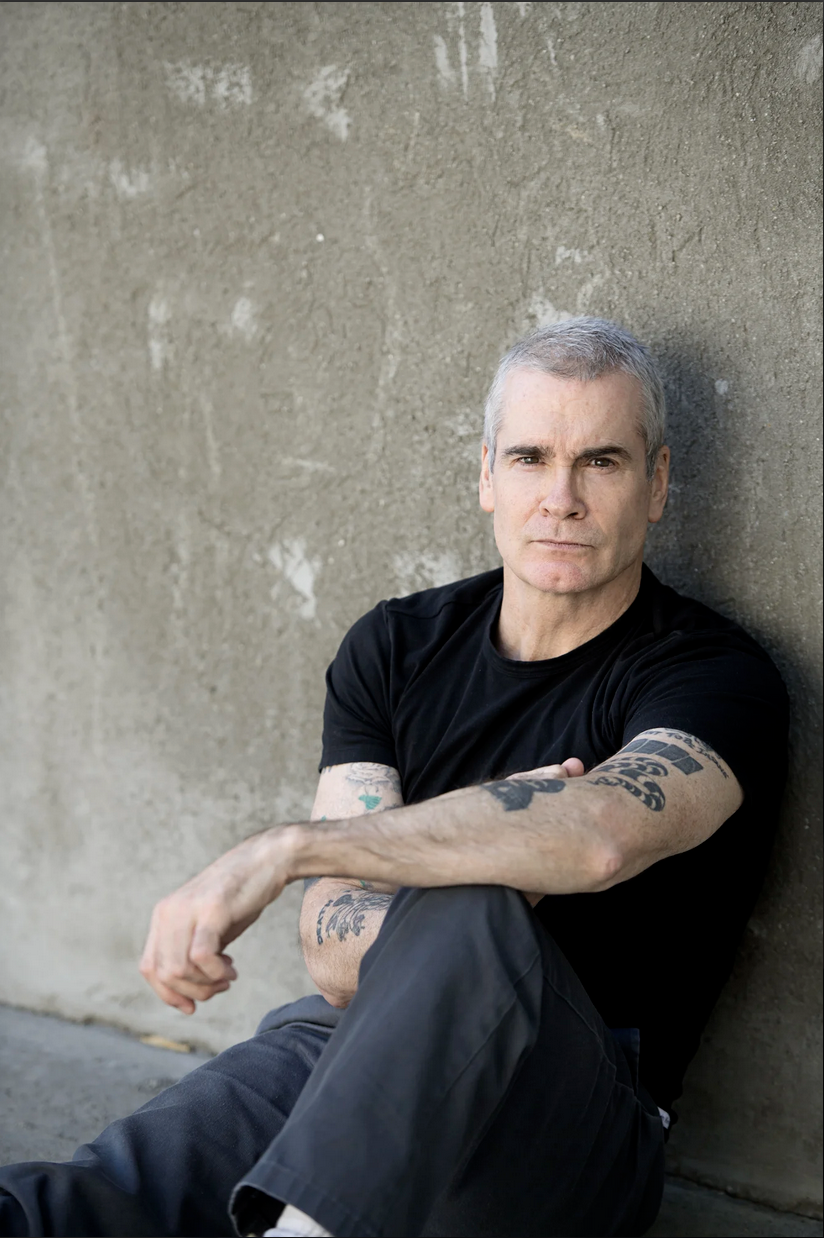I've figured that American TV reminds me of Twitter. Twitter, as most people that are half-way web savvy would be familiar with is the name of a micro-blogging service that some people regard as useless, has too much content to digest at any one time and seldom carries any meaningful discourse across its spontaneously fabricated space and time.*
Watching American TV, as a whole entity in its environment, doesn't seem to want to inform or even entertain as a passive medium or metaphor, but to act as a constant conversation with its audience, the language of which can be picked up by virtually anyone; even a "foreigner" such as myself.
Insofar that television shows are like Twitter, shows - be it sitcom, reality or drama - are like short bursts of narrative broken up by advertising, much like Twitter (if you've ever followed bots or marketing "gurus" you'll know what I mean.) Shows are sometimes also forced to extend the conversation to other mediums, such as the internet - the show itself does not wish to cease talking; however it cannot talk to its audience in a vacuum, obviously. Much like a ubiquitous bit.ly link, more conversation can be elicited elsewhere, at the discretion of the viewer. Having "special guests" from other TV programs, films, popular culture or music, etc. can be likened to the original "RT" or "follow friday"; promoting oneself vicariously through the pull-factor of a more popular trend or conversation.
Of course, the more popular a show/tweeter is, the likelihood of your participation in the conversation decreases dramatically. Having that said, the relationship doesn't have to be reciprocal; it just has to exist. When Television was first encountered by publics at large, it was handily branded as vacuous or useless. Now we cannot imagine living without it. Perhaps Facebook et. al. shall become just as indispensable as time wears on?
*Look for reference to "thanksgiving dinner"

